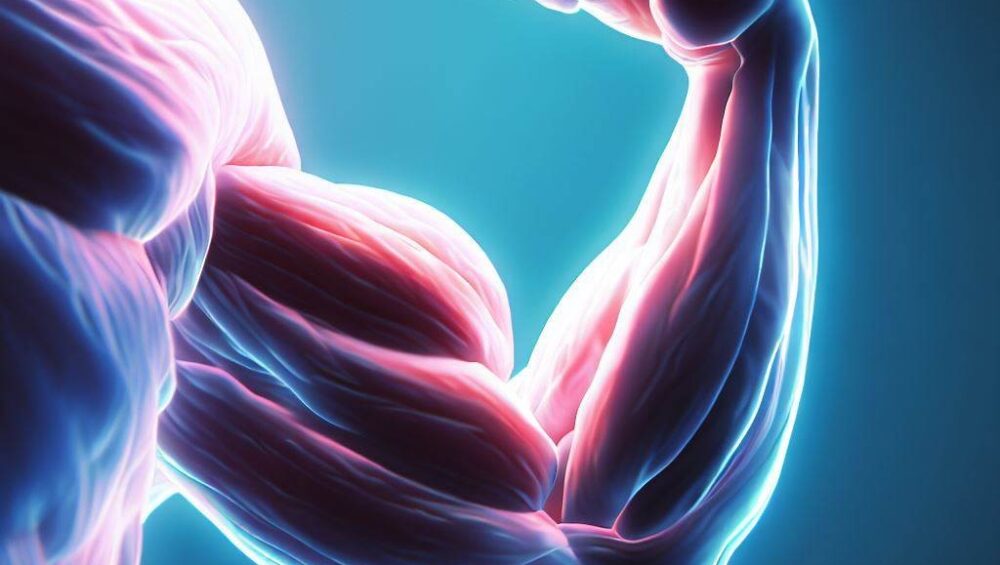Top 10 Must-Have Supplements for Muscle Gain and Recovery
Achieving your fitness goals, especially when it comes to muscle gain and recovery, often requires more than just a rigorous workout routine. The right supplements can play a pivotal role in helping you maximize your efforts. In this blog post, we’ll explore the top 10 must-have supplements for muscle gain and recovery, providing you with insights into why they’re essential and how to use them effectively.
1. Whey Protein
Why: Whey protein is a fast-digesting protein that helps repair and build muscle tissue after workouts.
How to Use: Consume whey protein within 30 minutes post-workout to kickstart the recovery process.
2. Creatine
Why: Creatine enhances your body’s ability to produce energy during high-intensity workouts, leading to improved muscle growth.
How to Use: Take 3-5 grams of creatine monohydrate daily, ideally post-workout, with a carbohydrate source for better absorption.
3. Branched-Chain Amino Acids (BCAAs)
Why: BCAAs reduce muscle soreness, prevent muscle breakdown, and promote muscle protein synthesis.
How to Use: Consume BCAAs before, during, or after workouts to support recovery.
4. L-Glutamine
Why: L-Glutamine aids in muscle recovery, reduces muscle soreness, and supports immune function.
How to Use: Take 5 grams of L-Glutamine post-workout and before bed for optimal results.
5. Beta-Alanine
Why: Beta-Alanine improves endurance by increasing muscle carnosine levels, allowing you to train harder and longer.
How to Use: Take 3-6 grams daily, preferably pre-workout.
6. Fish Oil
Why: Omega-3 fatty acids in fish oil have anti-inflammatory properties, aiding in reducing muscle inflammation and promoting recovery.
How to Use: Take 1-2 grams of fish oil daily with meals.
7. Vitamin D
Why: Vitamin D plays a crucial role in muscle function and overall health, helping you perform better in the gym.
How to Use: Aim for 1,000-2,000 IU of vitamin D daily, especially if you have limited sun exposure.
8. Zinc and Magnesium
Why: These minerals are essential for muscle recovery and maintaining healthy testosterone levels.
How to Use: Consume a supplement containing 30 mg of zinc and 450 mg of magnesium daily before bed.
9. Citrulline Malate
Why: Citrulline malate enhances blood flow to muscles, reducing fatigue and improving endurance during workouts.
How to Use: Take 6-8 grams of citrulline malate 30 minutes before your workout.
10. Turmeric/Curcumin
Why: Turmeric’s anti-inflammatory properties can help reduce muscle soreness and enhance recovery.
How to Use: Consume turmeric in supplement form or as part of your diet.
Conclusion
Supplements can be a valuable addition to your muscle gain and recovery regimen, but they should complement a balanced diet and consistent exercise routine. Always consult with a healthcare professional before starting any new supplements, and remember that individual responses may vary. When used correctly, these top 10 must-have supplements can accelerate your progress, helping you achieve your fitness goals more effectively.







